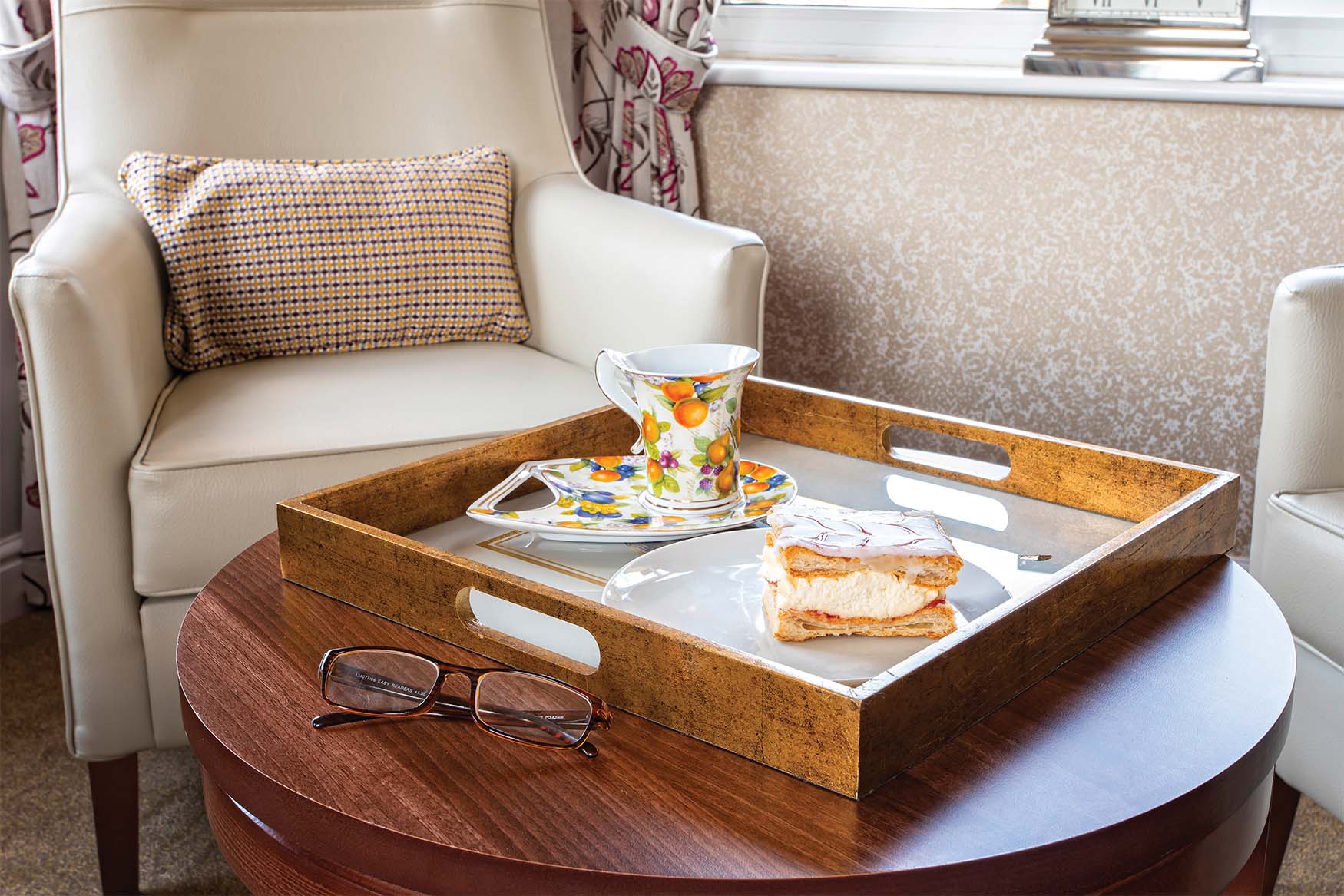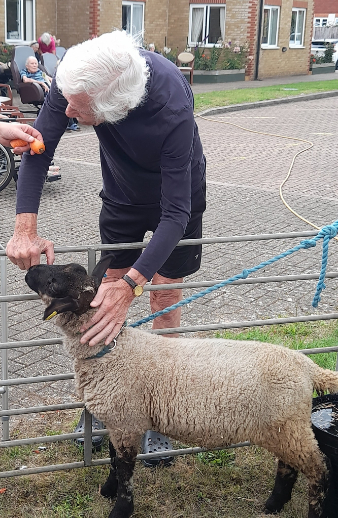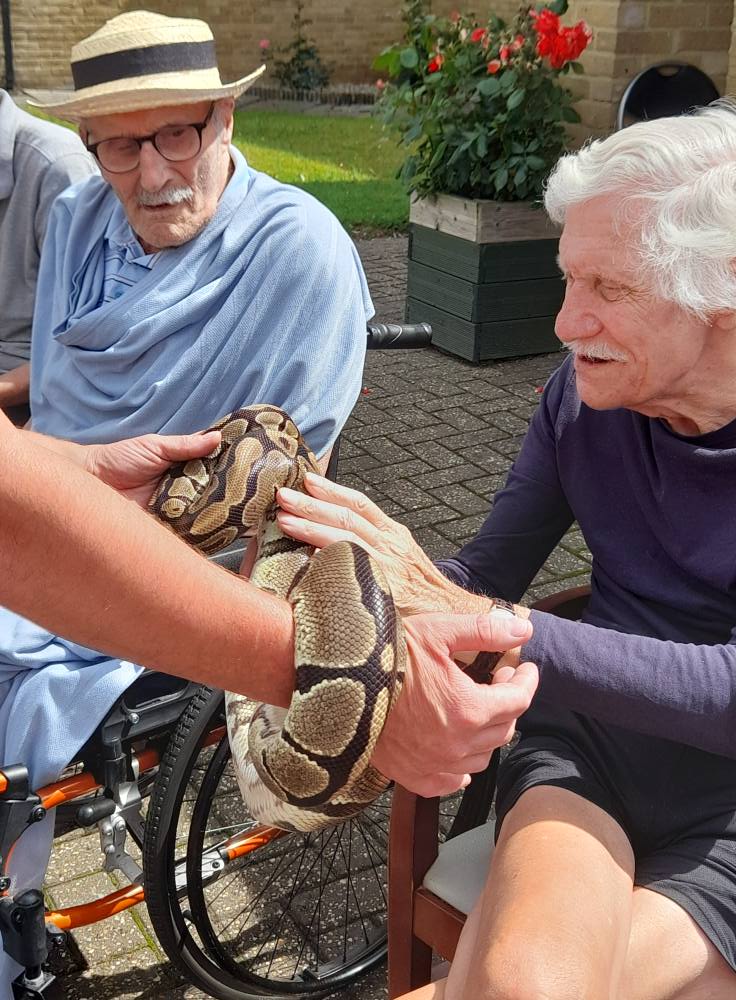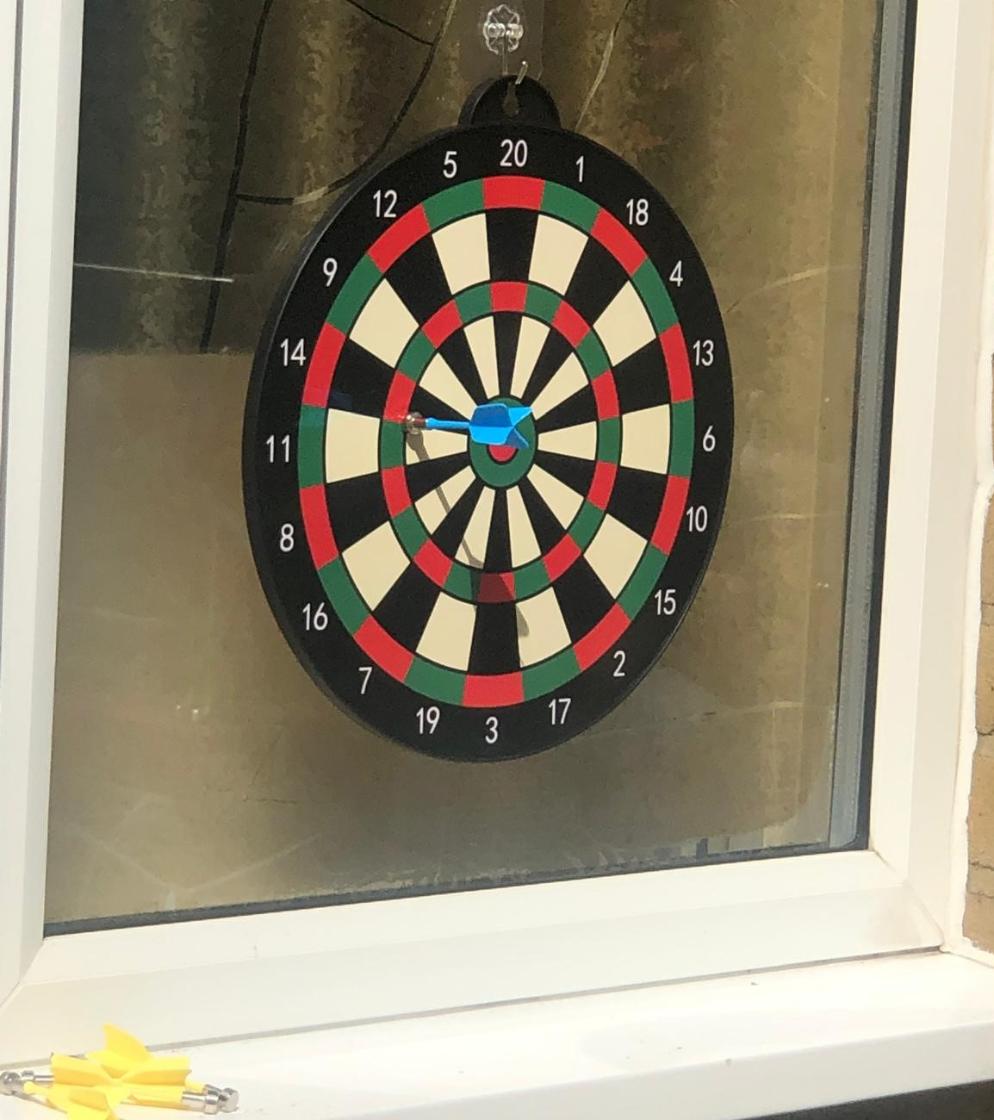Dementia Friendly Activities for the Summer

Dementia is a long-term condition that affects a number of cognitive functions, including speech and memory loss. With expert care and attention, those living with dementia can continue to live their lives to the fullest while participating in their favourite activities. A well-equipped care home will present its residents with an abundance of opportunities and dementia group activities to assist them in maintaining their sense of self and independence for as long as possible.
What is Dementia?
As described by The Alzheimers Society, the word 'dementia' describes ‘a set of symptoms that over time can affect memory, problem-solving, language and behaviour’. Dementia is a progressive condition, meaning that typically, symptoms may present themselves mildly at first, but worsen over time. Dementia is caused when a disease damages nerve cells in the brain. Depending on the disease that causes damage, will determine the type of dementia a person has.
What are the different types of Dementia?
There are many types of dementia with Alzheimer’s disease being the most common.
- Alzheimer's: For most people, the first signs of Alzheimer’s are complications with their memory, thinking, language or perception.
- Vascular Dementia: Vascular dementia is the second most common type of dementia. Common early signs of vascular dementia include problems with planning or organising, making decisions or solving problems.
- Lewy body Dementia: Dementia with Lewy bodies (DLB) is caused by Lewy body disease. Symptoms of DLB include having difficulties staying focused, experiencing delusions, and problems with movement and sleep.
- Frontotemporal Dementia: Common symptoms of FTD include changes in personality and behaviour and/or difficulties with language.
- Mixed Dementia: A person may also have mixed dementia where they have symptoms of more than one type.

How is Dementia Supported in a Care Home?
A care home offering dementia care will present residents with a home that has been exclusively designed with dementia-friendly decor; using large clocks, large clear signage and colour coding around the home for example. This can make a significant difference to the quality of life of someone experiencing symptoms associated with dementia. From the colour scheme and the background noise, down to the cutlery used during meal times, there is so much that can be done to help residents living with dementia feel relaxed and comfortable in a care home environment.
Although every resident living with dementia will require a level of care and support depending on their progression, many care homes encourage residents to live as independently as possible; paying attention to the little things in the home, therefore, will benefit those who get easily distracted or stressed from their environment. They will also have unlimited access to a varied activities programme, which will be full of dementia group activities tailored to their individual needs.
Dementia Friendly Activities
There are a number of activities that residents can get involved in around a care home.
Easy Activities for Seniors with Dementia in Summer
- Outdoor Gardening - Gentle weeding of the garden or growing herbs or flowers in window boxes outside on a warm summer's day will reduce blood pressure, raise serotonin and support bone health.
- Writing, reading, board games and crossword puzzles can be taken to a safe outdoor space and enjoyed on warm days. Reading aloud to groups of people with dementia has been found to stimulate memories and imagination, whilst it is an indisputable fact that games and puzzles can help keep the mind sharper for longer.
- Create a Bird Feeder - Bird feeders also encourage bird-watching which is an excellent option as it isn’t overly stimulating and you can do it from outside or inside your home.
- Visit a local park / go for local walks.
- Participate in dementia-friendly community groups.
- Summer crafts for seniors with dementia, including taking activities such as painting, arts and crafts and flower arranging can be taken and enjoyed outside.
Easy Activities for Seniors with Dementia All Year Round
Most of the below can also be carried out in an outdoor environment.
- Cooking - By making a few simple changes, homes can allow those living with dementia to be able to continue cooking and baking. Following recipes with fewer steps and/or ingredients, using pre-prepared ingredients and carrying out the activity with the support of someone, are all ways that can help make cooking and baking accessible to residents with dementia.
- Household Tasks - Tasks such as those that require residents to be active, are a good form of gentle exercise. Washing up, dusting or folding clothes are good examples of household chores that can be carried out; the goal is just to keep the resident happily engaged, for them to be successful at a task, and help them feel like they’re contributing to the household.
- Indoor Gardening - Maintaining this type of physical activity, cognitive function and social interaction, all helps someone who has dementia to remain stimulated, feel valued and helpful.
- Painting - Studies have shown that cognitive development will improve through art therapy techniques.
- Playing an Instrument - Music and singing can be very powerful ways to relive memories. Music is also commonly used as a form of therapy.
- Memory Boxes - A memory box can help older adults feel connected to their past, career and previous hobbies.
- Knitting - A neuropsychiatry study found that engaging in activities such as knitting could reduce the chance of developing mild cognitive impairment by 30 to 50 percent for seniors.
- Food Reminiscence Activities - Reminiscence therapy involves discussing events and experiences from the past and aims to evoke memories, stimulates mental activity and improve a person's wellbeing.



The Benefits of Dementia Care in a Care Home
- A higher level of care
- More suited to people living with disabilities, immobility and long-term medical conditions
- Staffed with Registered Nurses
- Supported by GPs, pharmacists and specialist medical teams to ensure the highest standards of care
- Continuum of Care
- A safe, clean and hygienic environment
- Nursing equipment such as specialist beds, hoists, and call systems
- A healthy and active lifestyle
- Nutritious, Homemade Meals
- Independent living, with support where required
- Autonomous, with the freedom to choose entertainment, activities, food, bedtime and much more.
Dementia Care at Hazelwood Care Home
We provide dementia care in our dedicated, bespoke Poppy Unit, which is fully equipped and designed to enable us to provide the highest quality care to those with dementia. All of our team receive ongoing dementia and Alzheimer’s training, which covers the essential information and abilities required of all health and social care professionals, with a focus on understanding, awareness, and relationship building. This training ensures our staff has the up-to-date knowledge and skills that are appropriate to the various stages of dementia. We work hard to ensure that each resident enjoys the little things in life, helping them to get the most out of their stay, and we take pride in providing the highest level of care and respect to each and every one of them.
Our Approach to Dementia Care
Set within our dementia-friendly home, our carers and activity coordinators go above and beyond, collaborating with dementia residents and their loved ones to identify activities and therapies that are appropriate for their specific needs and to help them thrive, as we recognise the benefits of living a content life for those living with a life-changing condition. Our primary goal is to make each resident feel relaxed and at home in their new residence, as well as to supply them with anything they require.
Dementia Friendly Activities at Hazelwood Care Home
Here at Hazelwood Care Home, we support our residents with dementia by creating an activities programme that is accessible, considerate and underpinned by dementia research. We are able to incorporate all of the activities listed above, as well as offer:
Sensory Room
On the first floor of our home, we have a sensory room that is used exclusively by our residents with dementia, as it proves to have benefits in developing communication skills, improving focus, and providing a calming atmosphere.
Local Walks
Dementia Friendly Walk in Mote Park. Hosted by Age UK, this walk has been specifically designed to stimulate all the senses, the new walk provides a safe, enjoyable route around the park for those living with dementia and their carers. Residents of Hazelwood Care Home can reach this park in approximately 30 minutes by car.
Local Cafe Visits
‘Forget Me Not’ cafes are spread across the Sevenoaks District, and offer companionship over a cuppa, peer support and entertaining activities for people living with memory loss. Residents can access this support group monthly and is approximately 30 minutes by car.
Local Dementia Friendly Community Groups
- Gravesend Singing Back the Memories Group. This singing group offers a way for people to keep connected with each other. Provided by: Alzheimer's and Dementia Support Services (ADSS) and is accessible in under 10 minutes from Hazelwood Care Home.
- Memory Cafe Meopham This cafe provides a relaxed and reassuring setting in which practical information can be shared, together with emotional and social support. Provided by: Alzheimer's and Dementia Support Services (ADSS) and is accessible in under 10 minutes from Hazelwood Care Home.
Garden-based activities
We work hard to ensure that our garden is a beautiful environment that our residents want to go to to get fresh air and some vitamin D, and also invite their relatives to enjoy too.
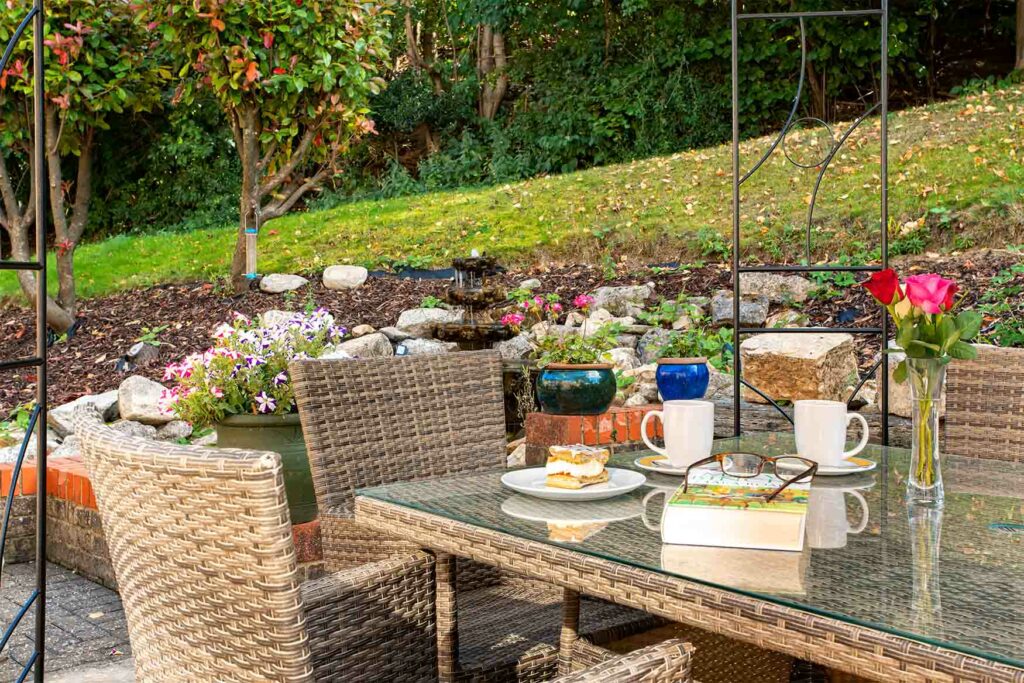
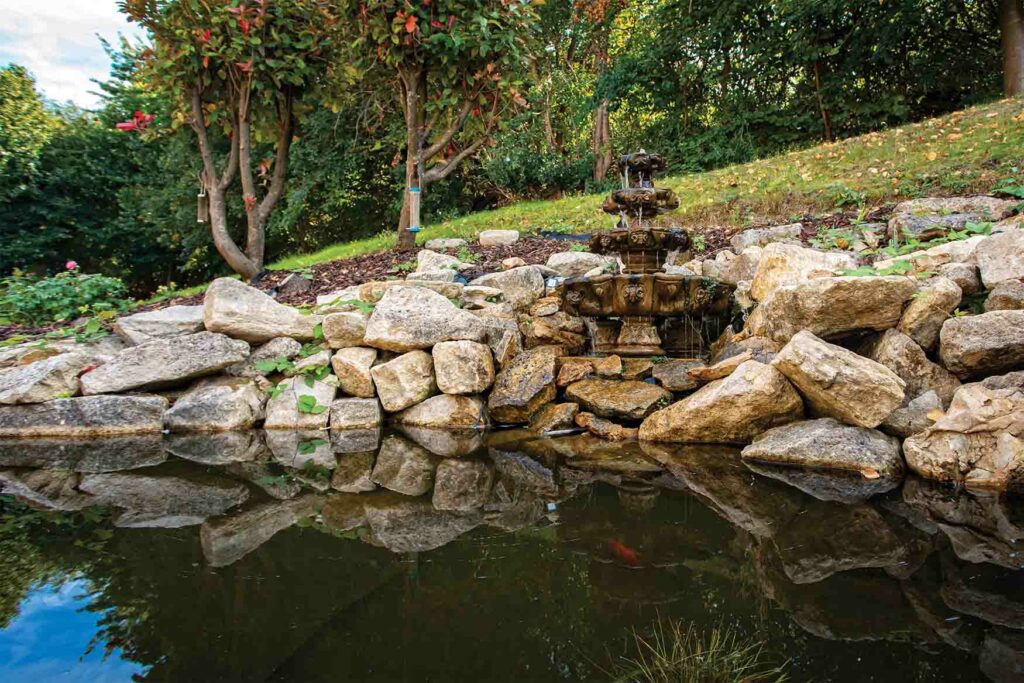

Talk to a member of our friendly team
If you would like to speak with a member of our team about the Dementia Care we provide, our friendly staff would be glad to assist you in any way they can. To contact us, call 01474 573 800, send an email to info@hazelwoodcarehome.com, or fill out our online Enquiry Form. We look forward to speaking with you.


